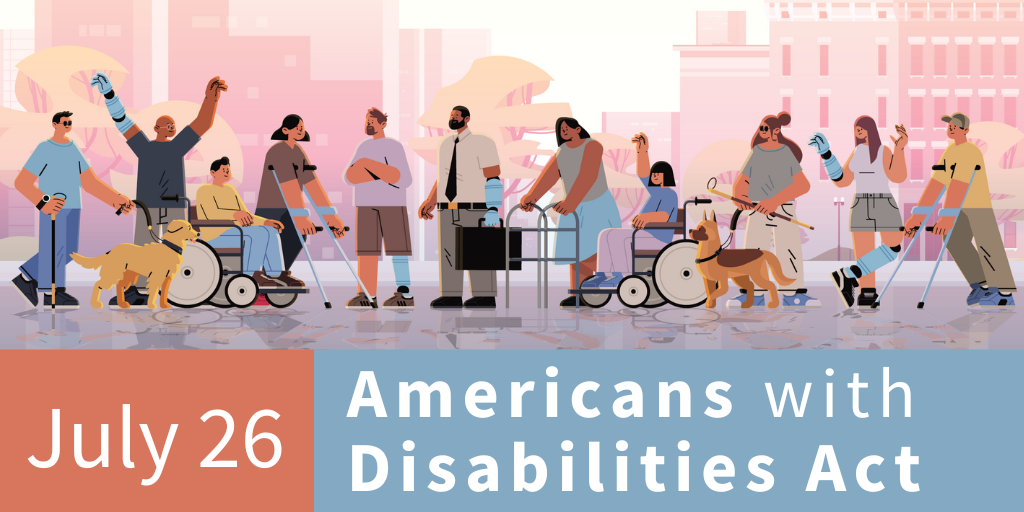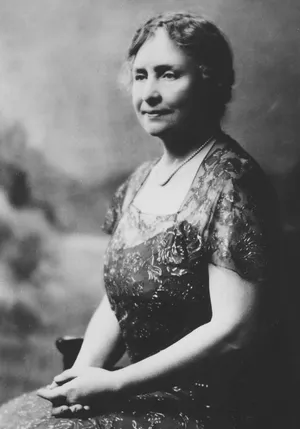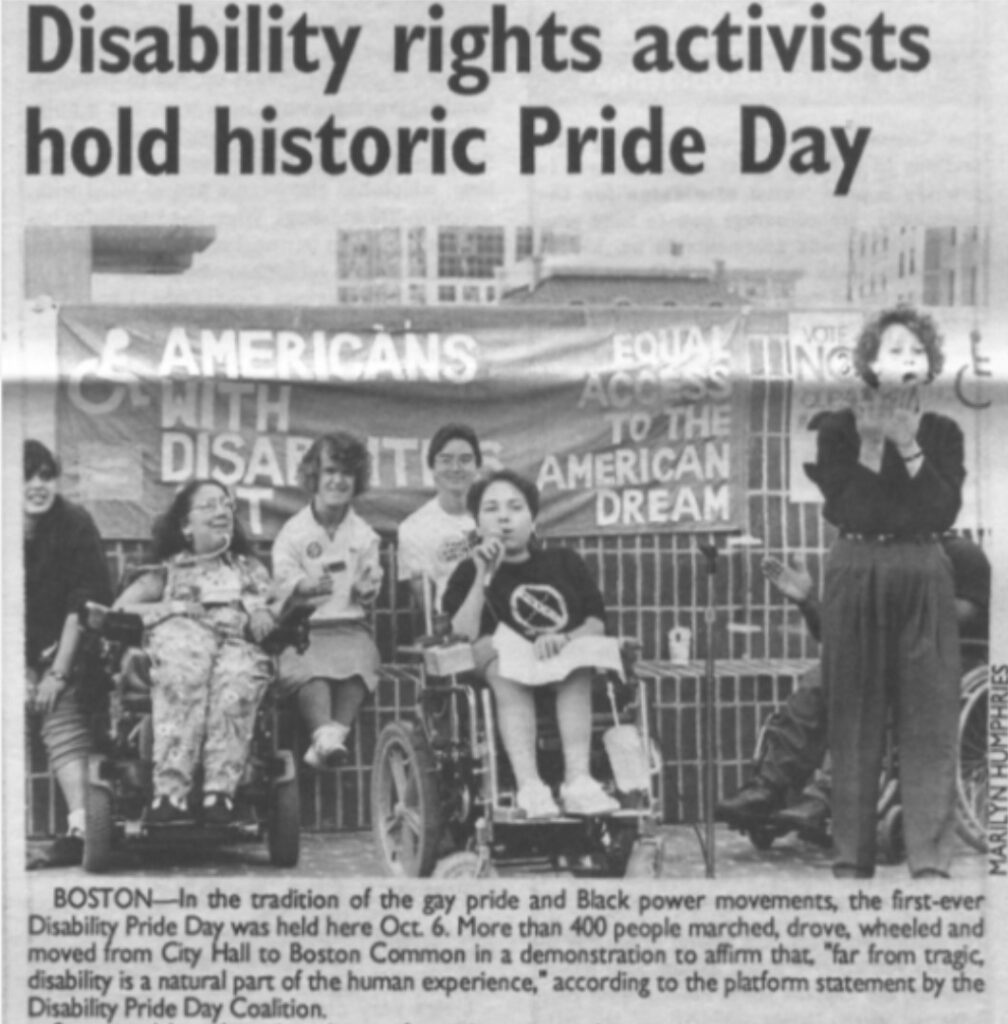The Americans with Disabilities Act (ADA) became law on July 26, 1990 and was signed by President George H.W. Bush.
In his remarks, President George H. W. Bush famously said, “And now I sign legislation which takes a sledgehammer to another wall, one which has for too many generations separated Americans with disabilities from the freedom they could glimpse, but not grasp. Once again, we rejoice as this barrier falls for claiming together we will not accept, we will not excuse, we will not tolerate discrimination in America.”
While the “wall” he spoke of was metaphorical, the barriers he alluded to were very real. The ADA is a civil rights law that prohibits discrimination against individuals with disabilities in all areas of public life. This includes jobs, schools, transportation, and all public and private places open to the general public. The law is to ensure that people with disabilities have the same rights and opportunities as everyone else.
What is Disability?

The ADA defined a “disability” as “a physical or mental impairment that substantially limits one or more major life activities; a record (or past history) of such an impairment; or being regarded as having a disability.”
The ADA is divided into five titles (or sections) that relate to different areas of public life. Here’s more on each of those sections and how they pertain to the ADA Act. (Visit the ADA.Org site for full title information and more on the ADA Act)
Title I – Employment
The ADA helps people with disabilities access the same employment opportunities and benefits available to those without a disability.
The ACT requires employers (with 15 or more employees) to provide reasonable accommodations to qualified applicants or employees. A “reasonable accommodation” is a change that grants employees with disabilities the chance to do the job without causing the employer undue hardship.
Title II – Public Services: State and Local Government
Requires public entities to make their programs, services and activities accessible to individuals with disabilities.
Outlines requirements for self-evaluation and planning; making reasonable modifications to policies, practices, and procedures where necessary to avoid discrimination; identifying architectural barriers; and communicating effectively with people with hearing, vision and speech disabilities.
Title III – Public Accommodations and Services Operated by Private Entities
Prohibits places of public accommodation from discrimination against individuals with disabilities. Public accommodations operated facilities like hotels, restaurants, retail merchants, doctor’s offices, golf course, private schools, day care centers, health clubs, sports stadiums, movie theaters and so on.
Direct businesses to make “reasonable modifications” to their usual ways of doing things when serving people with disabilities and to take steps necessary to communicate effectively with customers with vision, hearing and speech disabilities.
Title IV – Telecommunications
Requires telephone and internet companies to provide a nationwide system of interstate and intrastate telecommunications relay services that allows individuals with hearing or speech disabilities to communicate over the telephone.
Title V – Miscellaneous Provisions
Contains a variety of provisions relating to the ADA as a whole, including its relationship to the other laws, state immunity, its impact on insurance providers and benefits, prohibition against retaliation and coercion, illegal use of drugs, and attorney’s fees.
Transportation
Public Transportation offered by a state or local government is covered by Title II of the ADA. Publicly funded transportation includes, but is not limited to, bus and passenger train (rail) service. Rail service includes subways (rapid rail), light rail, commuter rail and Amtrak.
If transportation is offered by a private company, it is covered by Title III. Privately funded transportation includes, but is not limited to, taxicabs, airport shuttles, intercity bus companies, such as Greyhound, and hotel-provided transportation.

Source: Britannica
“Your success and happiness lies in you.
Helen Keller
Resolve to keep happy, and your joy and you shall form an invincible host against difficulties.”

Briggs, Laura. “Disability Rights Activists Hold Historic Pride Day.” Gay Community News, vol. 18, no. 14, October 14-20, 1990, p. 3. Archives of Sexuality and Gender
Disability Pride Month
The same year the ADA was signed into law, the first Disability Pride Day was held in Boston, Massachusetts. While not federally recognized, the disability community continues to establish July as Disability Pride Month with parades and celebrations held across the country. These events are used to promote visibility and mainstream awareness to positively influence people’s thinking about and/or define disability.
WashU Events
- Friday, July 12, 2024 from 11:30 – 1pm – Advancing Disability Inclusion Training
- Friday, July 19, 2024 from 11:30 – 1pm – Perspectives: Disability PRIDE
- Wednesday, July 24 from 12 – 1:30pm – Inclusive Excellence Speaker Series – Disability Pride
For those here in St. Louis you’ll find this event
The Americans with Disabilities Act: Advancements, Challenges, and the Path Forward
- Tuesday, July 23, 2024 at 10:00am – 1:30pm
Missouri History Museum, 5700 Lindell Blvd, St. Louis, MO
This event is organized by the Missouri Historical Society’s Diversity, Equity, Inclusion, and Accessibility (DEIA) Division. Pre-registration is required.
This program is generously sponsored by St. Louis Society for the Blind and Visually Impaired, Agape Council for the Blind, St. Louis Arc, and Paraquad.